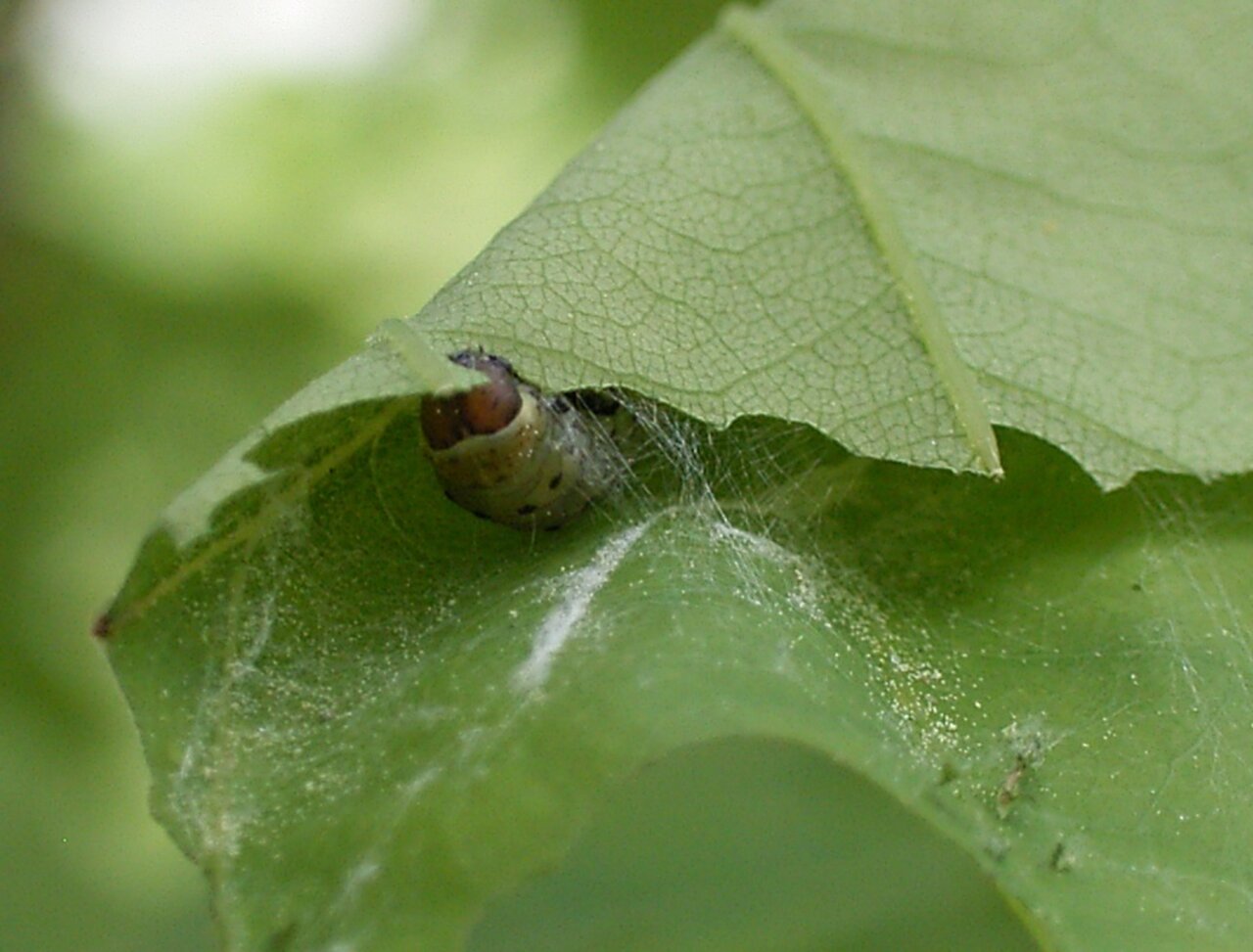Project
Oak defence: Biomarker for monitoring pest-tolerant oaks in different climates

Development of biomarkers for monitoring pest-tolerant oaks in different climates
The upcoming climate change poses a major challenge for the proper and sustainable management of forests in Germany. Therefore, it is important to analyze the distribution of insect-tolerant and sensitive oaks via a climatic gradient in Germany using newly developed molecular markers
Background and Objective
The imminent climate change poses a major challenge for the proper and sustainable management of forests in Germany. In addition to the increased occurrence of extreme events such as drought and flooding, in particular calamities are predicted by insects, which are increasingly migrating from Eastern and Southern Europe. This will further worsen the already critical health of the oak forests, as even today the oak is one of the tree species most exposed to insects. The project outlined therefore aims to analyze the distribution of insect-tolerant and sensitive oak trees via a climatic gradient in Germany with newly developed molecular markers.
Approach
For this purpose, candidate genes that are responsible for constitutive and induced tolerance responses are identified by quantitative transcriptomics. Based on this, new genetic markers are to be developed, which should be used in easy-to-use test procedures. The new markers will initially be used to determine the current population of insect-tolerant and sensitive oak trees in different climate zones in Germany. These data will provide forecasts of the vulnerability of oaks as a result of climate change in order to develop silvicultural recommendations for the cultivation of oaks with increased tolerance in certain climatic zones. In order to be able to derive cultivation recommendations for the important tree species oak, the newly developed genetic markers will be used in the future for the early selection of oaks (as seedling) with increased pest tolerance and for the characterization of approved oak seed stocks with regard to their tolerance level.
Thünen-Contact

Involved Thünen-Partners
Involved external Thünen-Partners
-
Helmholtz Zentrum München
(München, Deutschland)
Funding Body
-
Federal Office for Agriculture and Food (BLE)
(national, öffentlich)
Duration
12.2017 - 9.2022
More Information
Project funding number: 28W-B-4-113-01
Funding program: Waldklimafonds (Programmbestandteil des Sondervermögens Energie- und Klimafonds)
Project status:
finished

![[Translate to English:] [Translate to English:]](/media/_processed_/f/3/csm_2022_Titelbild_gross2_Saatgut_in_Hand_9ffb8f5748.jpg)
![[Translate to English:] [Translate to English:]](/media/_processed_/f/3/csm_2022_Titelbild_gross2_Saatgut_in_Hand_c17270fcc0.jpg)





